On the Practical Implementation of Plan S
A list of the practical challenges and concrete steps that could help or hinder Plan S.
Send us a link
A list of the practical challenges and concrete steps that could help or hinder Plan S.
The claim that Plan S is unethical derives from an understanding of academic freedom that appears to rest on foundations that, if not shaky, are at least highly questionable.
Nation’s funder is the first to join Plan S - which aims to make all scientific works free to read on publication - since the effort was announced.
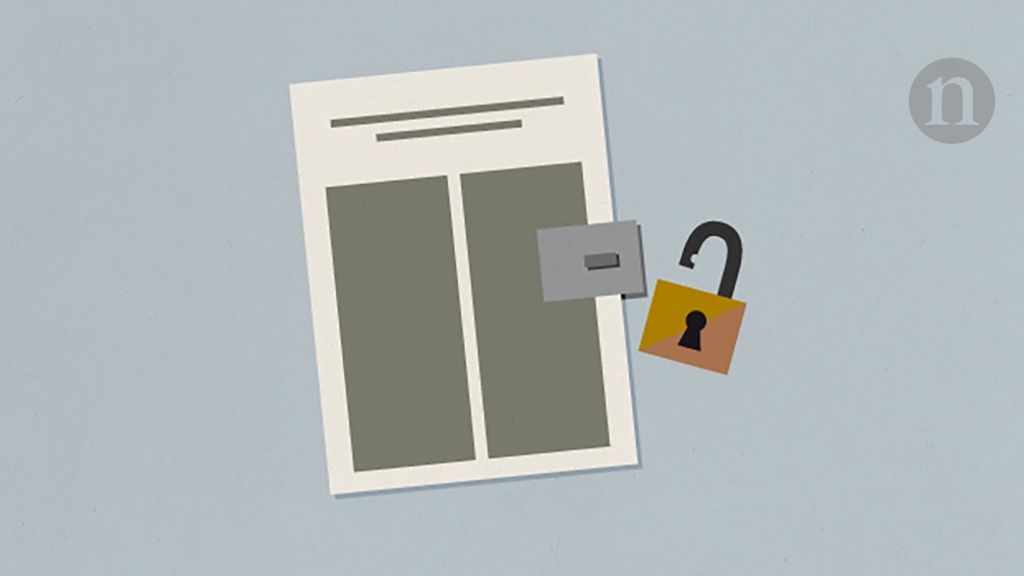
A recent investigation led by an international group of journalists raised concerns over the scale of the problem of deceptive publishing practices, but the problem of predatory publishing was overstated while at the same time discrediting open access publishing.
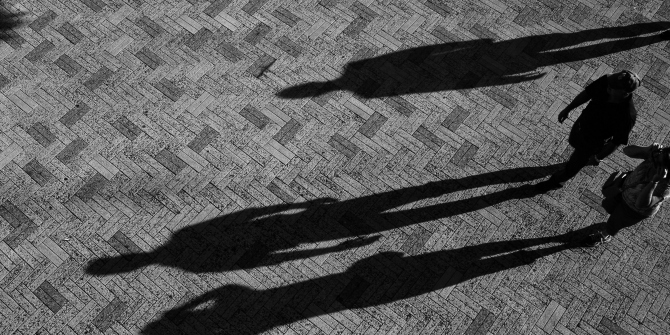
A large-scale analysis of the state of open access pulising across various countries from 1990 to 2016.
Plan S proposes to take a hammer to how we fund peer review and publication. Submission fees deserve serious consideration.

Academic publishers have some of the highest profit margins in the world. In the digital age, researchers are starting to wonder whether publishers actually deserve this much money.
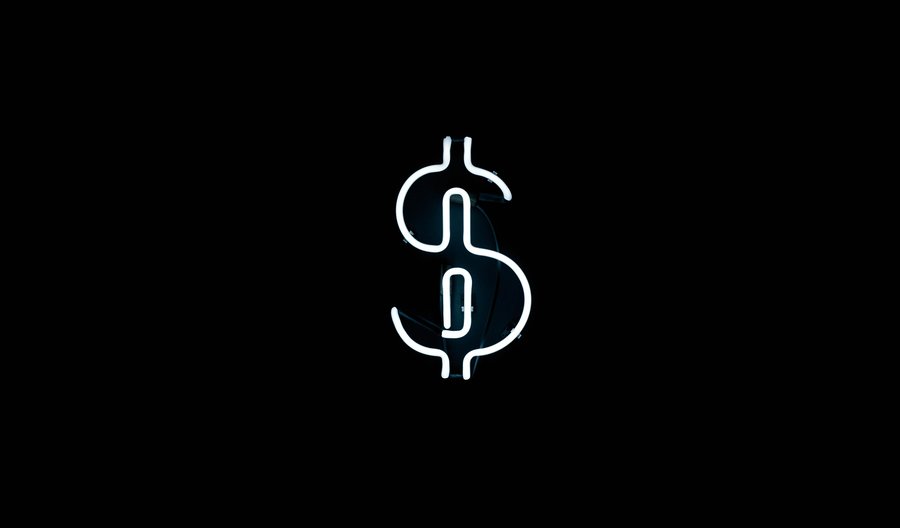
Those who take on the global industry that traps research behind paywalls are heroes, not thieves, says George Monbiot.

The International Association of Scientific, Technical and Medical Publishers, which represents the organisations most directly affected financially, was one voice of caution, saying it is "vital" that researchers have the freedom to publish where they choose.
Will Plan S deprive researchers of quality journal venues and of international collaborative opportunities, while disadvantaging scientists whose research budgets preclude paying and playing in this OA league?
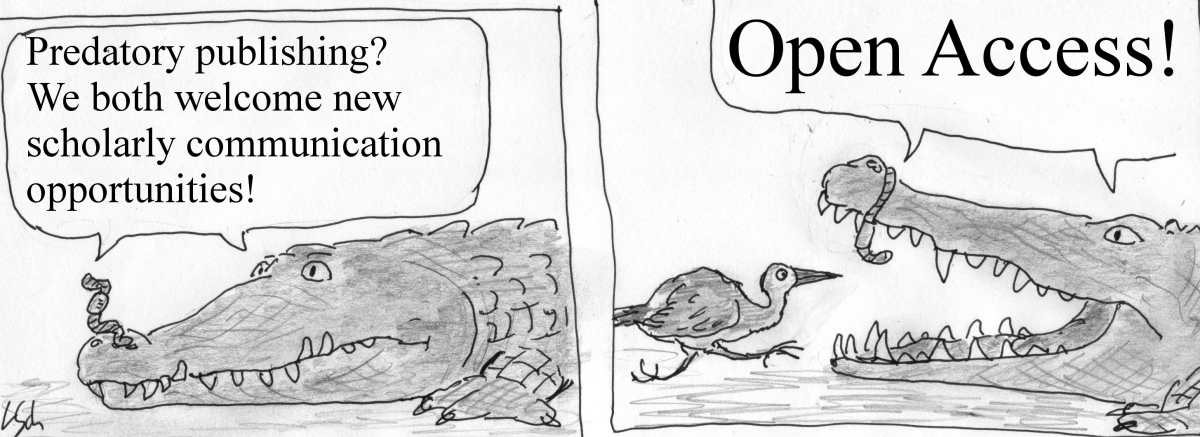
Major European countries are mandating that publicly-funded research should appear only in open-access journals.

European and national research funders are expected to commit all researchers to granting open access to their publications as of 2020. The SNSF supports this Plan S. However, it is not in a position to add its signature to the plan at present.

Scientists warn the devil is in detail of the European Commission’s latest open access plan, while publishers argue prohibiting researchers from submitting their work to certain journals is a threat to academic freedom.
Richard Poynder views a documentary on the tug of war over paywalls in scholarly publishing.
Bold move is intended to trigger open-access tipping point.
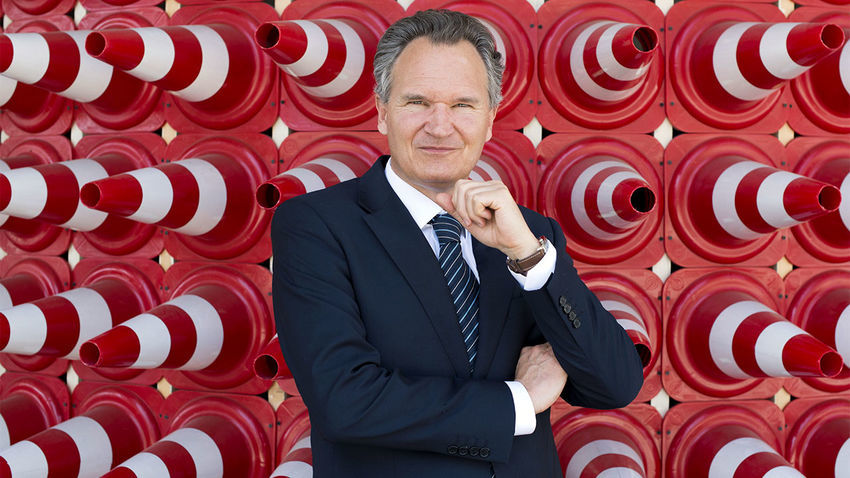
Paywall, a documentary about the open-access movement, makes its debut and will be available online.
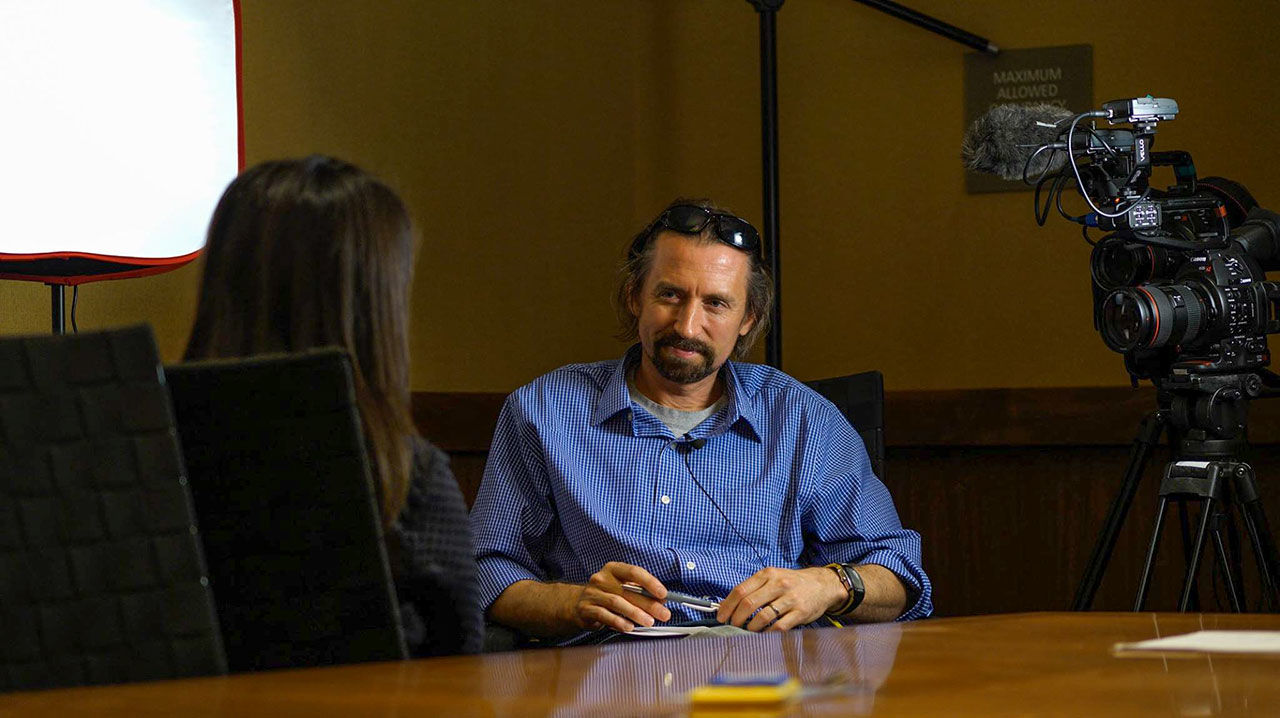
Eleven research funders in Europe announce ‘Plan S’ to make all scientific works free to read as soon as they are published.
In this Perspective, a group of national funders, joined by the European Commission and the European Research Council, announce plans to make Open Access publishing mandatory for recipients of their agencies' research funding.
The 11 national research funding organisations that form cOAlition S have agreed to implement the 10 principles of Plan S in a coordinated way, together with the European Commission including the ERC. Other research funders from across the world, both public and private, are invited to join cOAlition S.
ECR-driven initiative launching in 2019 to collectively boycott commercial publishers and return scholar communication to the academic community.
Nick Fowler and Gerard Meijer on the future of Open Access in Germany. Will the negotiations continue?
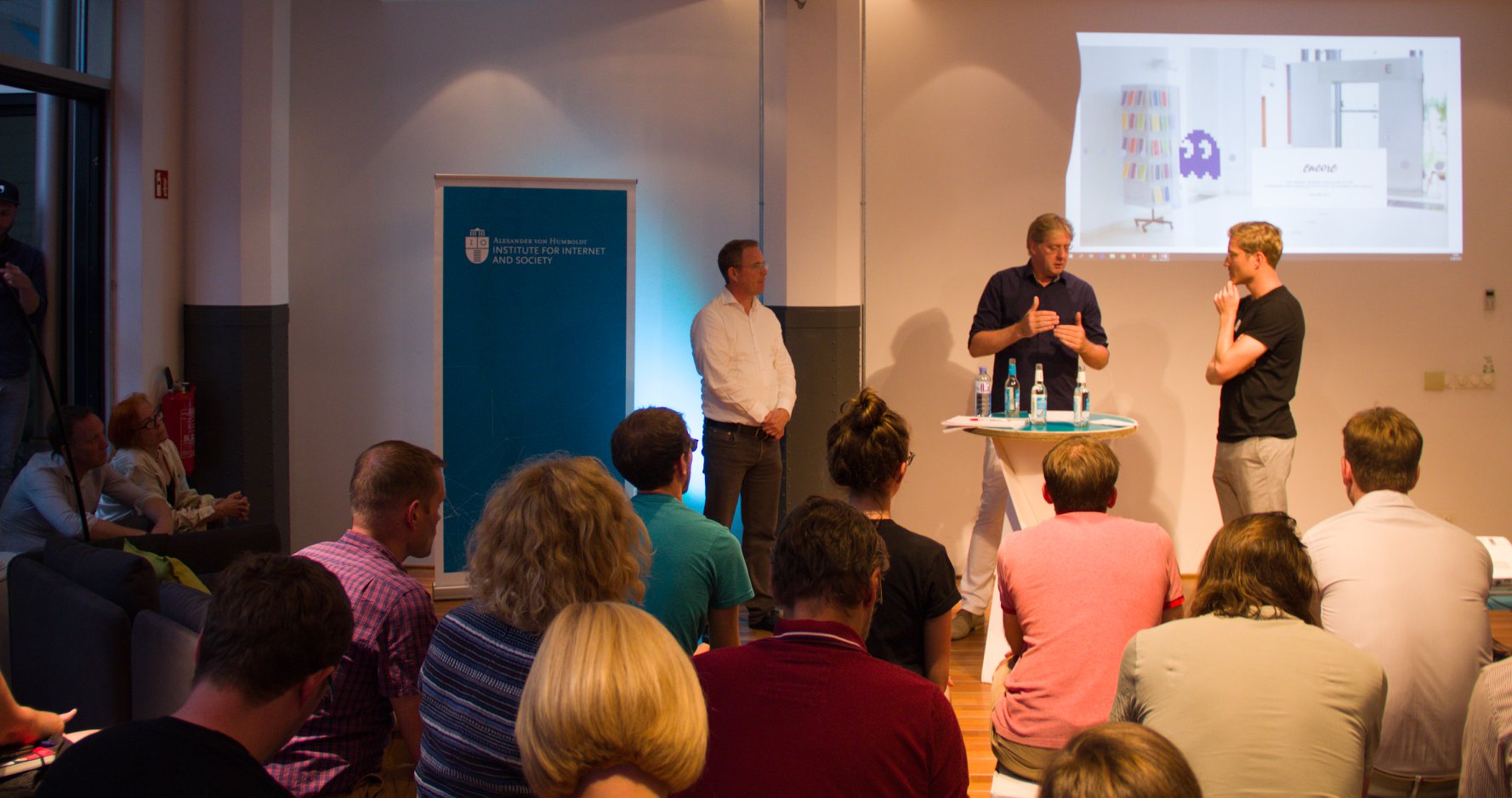
A guide to help search more easily for open access articles.
Announcing R4R to connect authors to peers
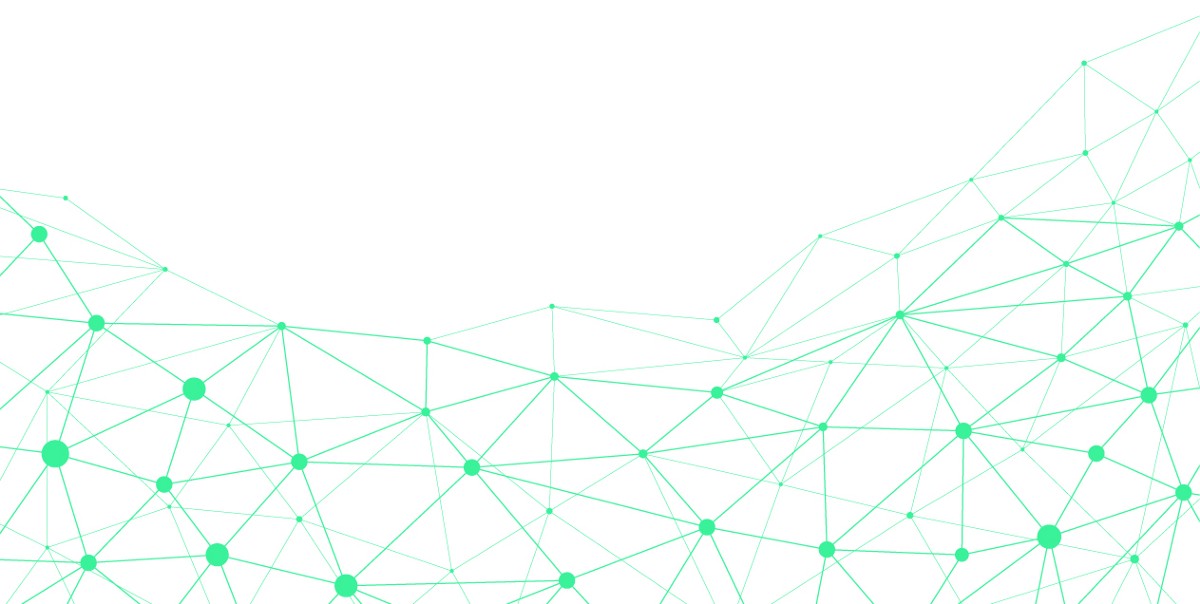
Are you in the process of starting an open access journal, or are you planning to transition an existing journal to an OA publishing model? In this post we break out all the steps to get an OA publication up and running.

A look at the journey psychology has made toward becoming a robust and mature science.
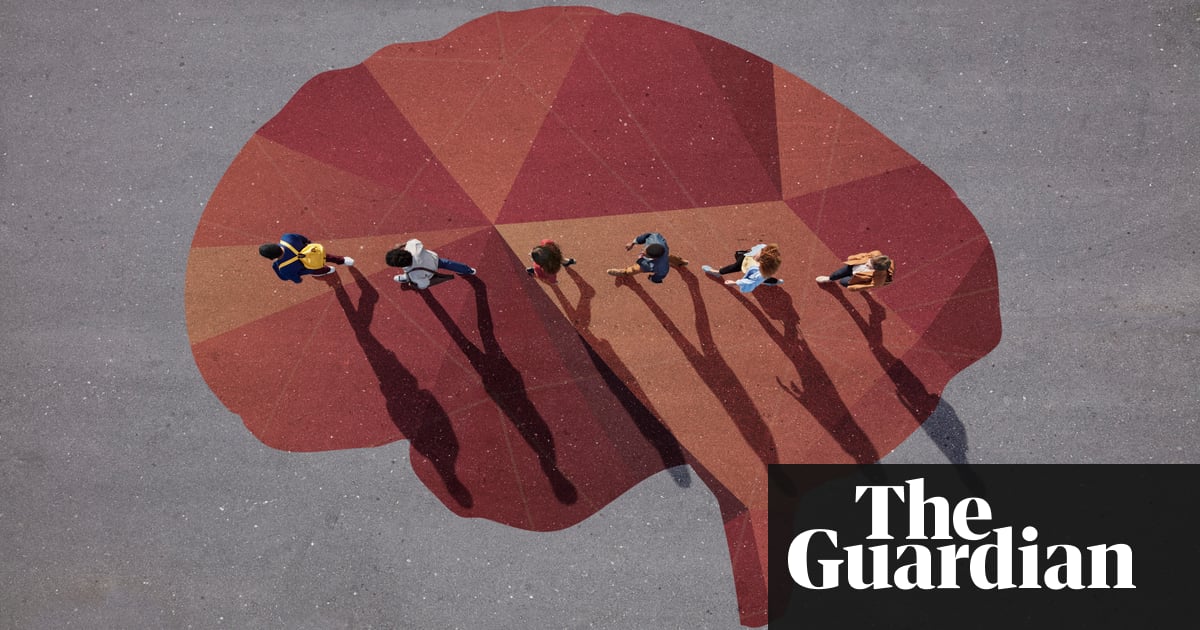
There’s a real problem behind this Twitter spat.
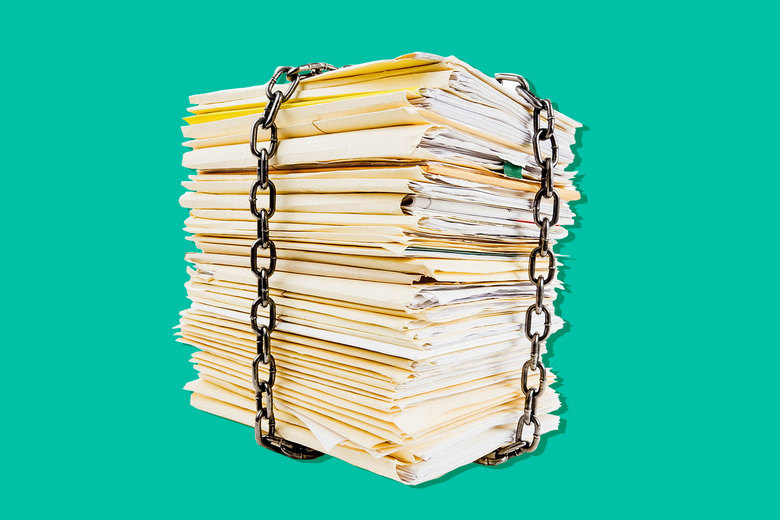
Just like judges and politicians, researchers may overstate their confidence in a claim. To truly assess their confidence, something needs to be on the line.
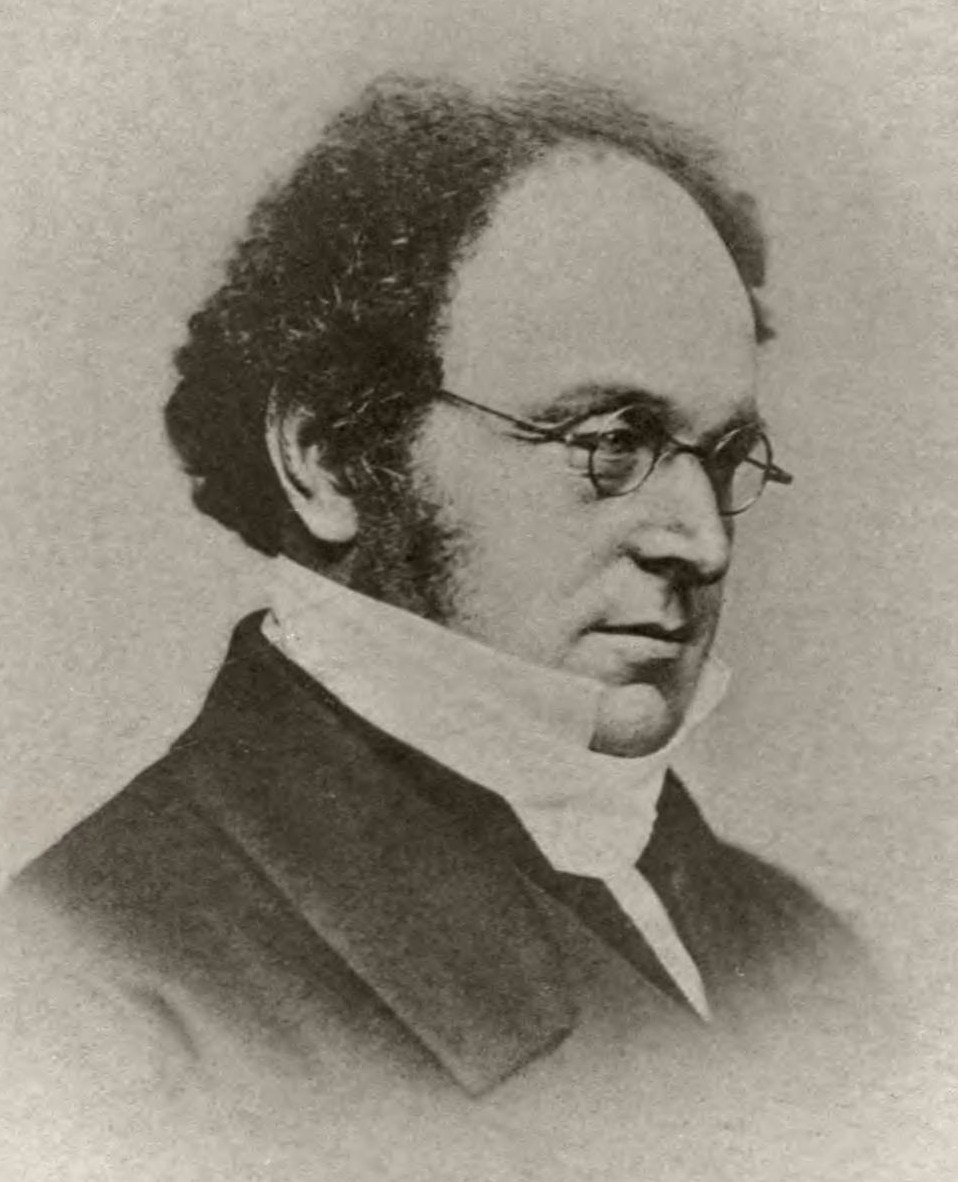
When following a link to the official version of a scholarly article, Wikipedia readers are twice as likely to hit a paywall than one they can freely read.
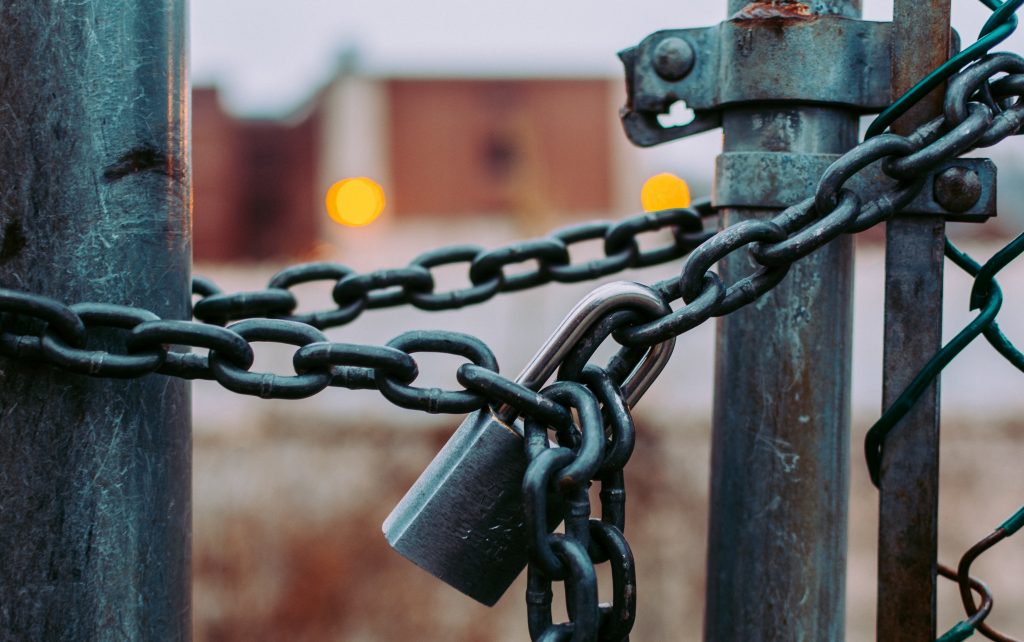
Unpaywall has become indispensable to many academics, and tie-ins with established scientific search engines could broaden its reach.
A set of complementary guides covering the main aspects of depositing software into digital repositories.